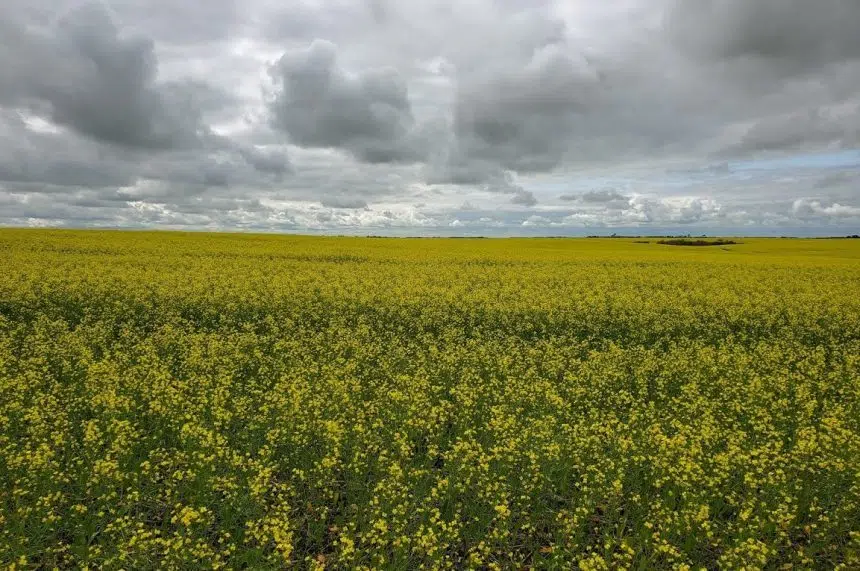One of Todd Lewis’ personal beliefs has been borne out over the past 12 months.
“As I’ve said all along,” begins Lewis, the president of the Agricultural Producers of Saskatchewan, “politics and food don’t mix very well.”
On March 1, 2019, China suspended the export permit of Richardson International Ltd., blocking the Winnipeg-based company from sending canola shipments to Chinese markets.
That move — which was followed by bans against all Canadian canola exporters — was seen as part of the diplomatic battle between the countries that also featured Canada’s arrest of a Huawei executive on behalf of the United States.
Now, more than a year later, Canadian canola producers are still shut out of the Chinese market as the political manoeuvring continues.
“This is a perfect example (of my belief), where we’ve got good customers in China who want Canadian canola and can’t get it and we’ve got producers here in Saskatchewan who want to sell it to them but, because of politics and some technical issues, we’re not able to see those markets open,” Lewis says.
“We want to see that back-to-normal trade with China as quickly as possible.”
Since the Chinese started blocking Canadian canola, the price of the oilseed crop has dropped. That decrease, Lewis says, is the biggest concern among producers in this country.
However, there has been some good news on the canola front over the past year.
Canada has increased its exports to countries like Bangladesh and the United Arab Emirates and to nations in the European Union. As well, crushing plants in Saskatchewan have been busy, so demand has been what Lewis calls “pretty decent.”
“We don’t hear stories of producers not being able to sell their canola and it has been moving fairly well off the farmgate,” he says. “So that is a positive and kind of a silver lining in these clouds of low prices and lots of uncertainty around one of our major trading partners.”
There may be positives, but the current price of around $10 per bushel isn’t going to keep producers from feeling a financial pinch. With their other costs increasing, producers need the price of canola to increase — which likely would happen if the Chinese market reopened.
If things don’t change in the short term, Lewis predicts “there will be modifications made.” That could include producers planting fewer acres of canola.
“Supply and demand always comes through in these situations,” Lewis says. “The silver lining of this cloud is the demand portion of it, so hopefully we’ll see the price part of it try to catch up a little bit to the demand and we’ll see some better prices going into 2020.”
That’s why Lewis wants to see the Canadian government continue its discussions with its Chinese counterpart.
China has been holding two Canadians — Michael Kovrig and Michael Spavor — since December of 2018, shortly after authorities in this country arrested Huawei executive Meng Wanzhou.
The Chinese government upped the ante in March when it banned Canadian canola before also blocking Canadian pork and beef in June. China lifted that latter ban in November, but the one against canola remains.
Lewis says the situation regarding canola is “abnormal” because other Canadian industries are trading well with China.
“It’s getting to the point where you start asking the question, ‘Why are canola producers bearing the brunt of these diplomatic and political actions?’ ” he says. “As an industry, we’re bearing the brunt and farmers are paying the cost for that while the rest of Canada is going along with quite normal relations with China.
“That’s something that we have to ask of our federal government. As time goes on, if this is going to continue, does the canola industry have room for compensation or some kind of recognition that we are carrying the ball on this one for the rest of the economy?”
— With files from 980 CJME’s Evan Radford







